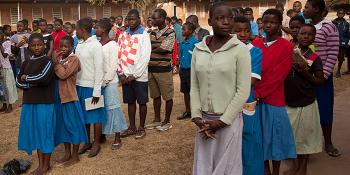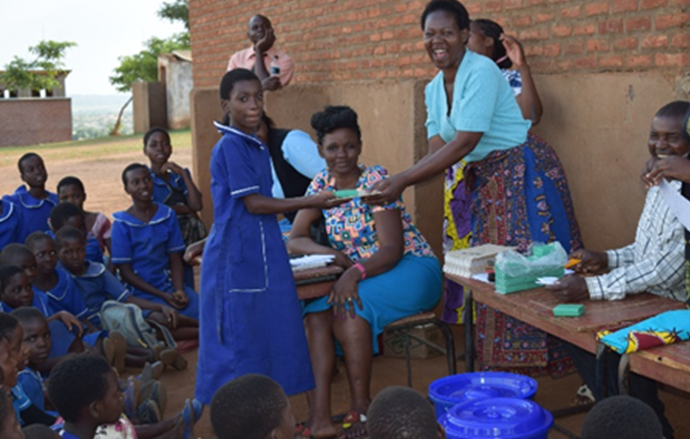
keeping girls in schools
in Malawi
We commit to put young schoolgirls and women at the heart of our water, sanitation and hygiene initiatives.
Proper sanitation and hygiene are essential for an effective education. Without adequate sanitation facilities, not only the quality of education suffers, but also some students, mainly girls, may be discouraged from attending school.
Inadequate sanitation facilities are one of the factors that affect young girls who have reached adolescents age. They need more time and privacy to take care of themselves and this is not always possible if they have to queue for the toilet. As a result, they tend to miss school or dropout from classes altogether.
Proper water and sanitation facilities in schools play a significant role in achieving most of the UN’s sustainable development goals:

There are 17 United Nations Sustainable Development Goals. WASH projects support SDG3 - reducing child mortality, SDG4 - achieving universal access to primary education, SDG5 - increasing gender equality, SDG6 - clean water and sanitation.
Habitat for Humanity Malawi has worked with various partners from the public and private sectors to improve the wellbeing of schoolchildren, adolescent girls, in primary schools in poor areas of Lilongwe in Malawi. This initiative has helped to create separate sanitation facilities and access to water for schoolgirls.
Another way to encourage girls to attend school are Mother Groups. These community-based clubs mobilize parents or guardians of the girls to help them go through puberty.

Girls receiving prizes after the quiz on sanitation and hygiene.
We want to recognize and say thank you to all the mother groups, female teachers, facilitators and health surveillance assistants from the public sector, who were driving this initiative.